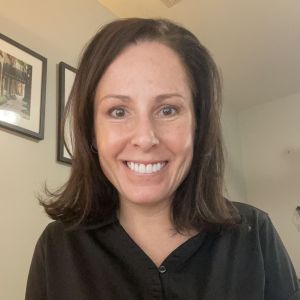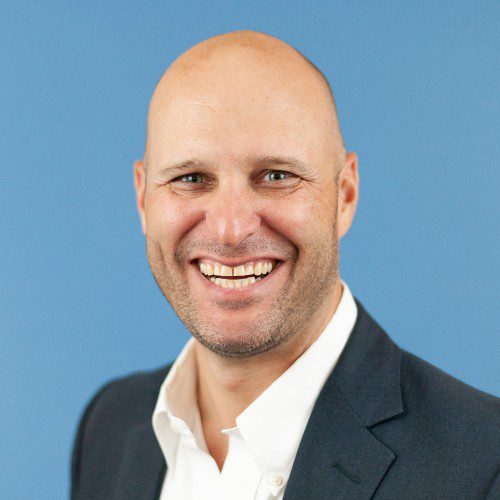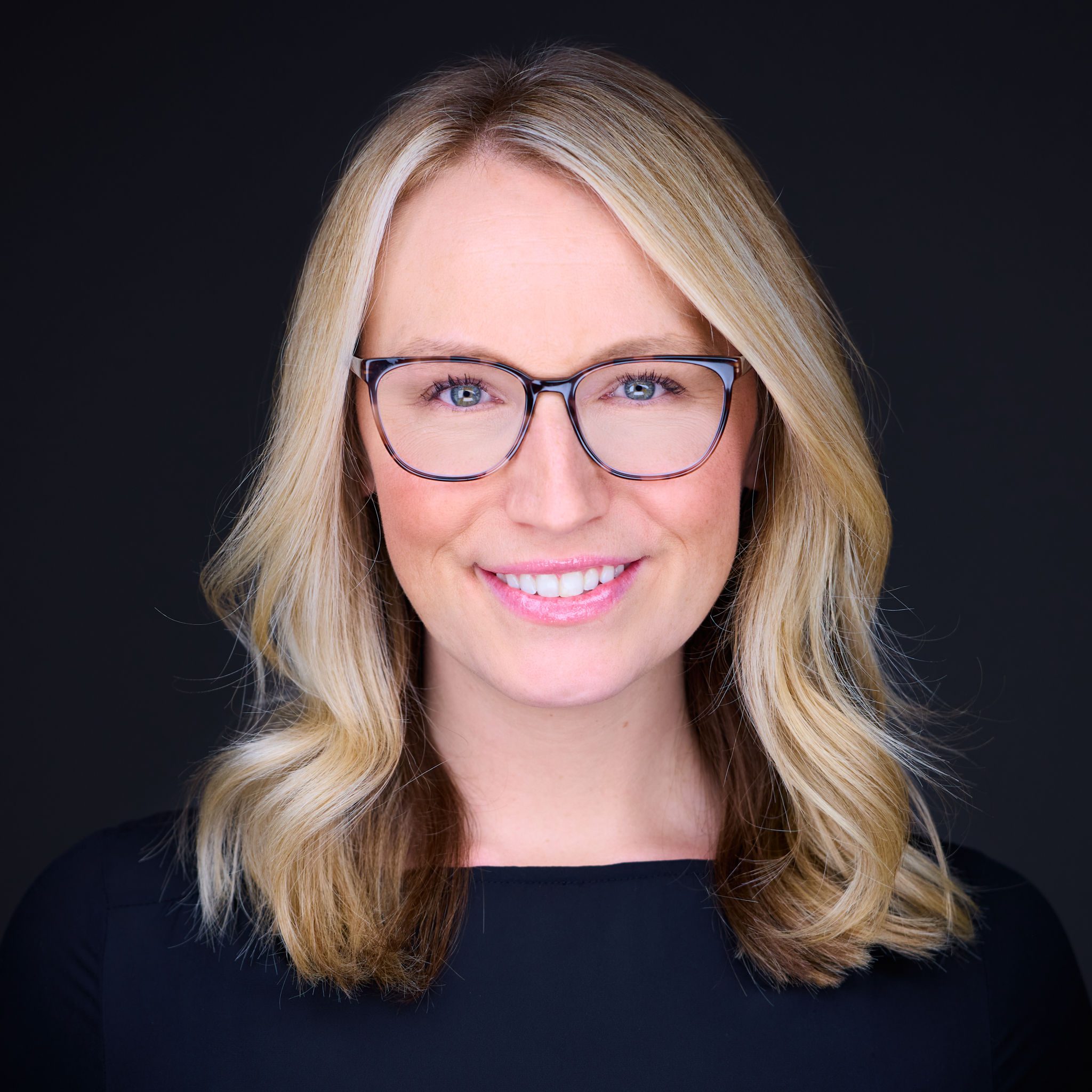
January is National Mentoring Month—a time to celebrate the transformative power of mentoring and its role in shaping careers and communities. To honor this month, Presidio is spotlighting our Mentorship Program and the incredible stories of connection and growth it has inspired. Elizabeth Borges, Culture & Belonging VP at Presidio, sat down with members of the Mentorship Program Committee to explore how the program strengthens our sense of community and advances Presidio’s commitment to fostering a diverse, inclusive, and empowering workplace.
Interviewees:
Tracie Smith, Client Success Manager, Cyber – Program Trainer
Edria Nelson, Program Manager, Contact Center – Mentee Liaison
Nate Lusk, PMO Manager, Foundation Services – Program Advisor
Gloria Phelan, PM Director, Modern Platforms – Committee Chair
How did the Mentorship Committee get started? What were your initial goals?
Edria: The Mentorship Program began with Project Managers who were part of the Presidio Distinguished Professional (PDP) program. We wanted to create an opportunity for employees to elevate themselves both personally and professionally, which would, in turn, enhance the Presidio brand. While some employees were already engaging in informal mentoring, we believed that establishing an official program with a structured guide for mentors and mentees would encourage greater participation and foster meaningful connections across the company.
How has the program grown over the years and where is it headed?
Gloria: The Mentorship Program began in 2019 with a small group of Project Managers, and to date, over 380 employees have participated. The program is offered biannually, expanding to additional departments with each cycle to allow for iterative improvements. Eventually, we plan to offer the program to all employees globally. To support this growth, we partnered with our Engineering Teams to develop a customized tool that helps match mentors and mentees based on professional goals, strengths, and areas for growth,– a great example of our Presidio value to be “forward-thinking”!
Nate: We’ve continued to iterate every cycle. We’ve made improvements like adding mentee and mentor orientations building out a repository of documents to support the mentorship. This is all crowd sourced improvement with everybody chipping back in after going through the program. How cool is that? It means that what we see now is only going to continue to improve and grow and be able to do more for others.
How does the Presidio Mentorship Program set mentors/mentees up for success?
Edria: Once participants sign up for the program and are matched with a mentor or mentee, we hold an orientation for both groups. During these meetings, we review the program timeline, which currently spans six months, and outline the expectations for each role. We emphasize that the mentee should take the initiative to reach out to their mentor and schedule the first meeting to introduce themselves. By the second meeting, mentees should have their goals established and begin working toward them for the remainder of the program. We also provide tools to help guide participants through the program. For example, we offer a worksheet to track meetings, document discussions, and monitor progress.
Nate: We put a lot of time and effort into making the process simple and turnkey for everybody. We are also very thoughtful about making good pairings. And we put a lot of focus on the orientation, so they know what to expect.
Gloria: The Mentorship Committee aims to provide enough structure to help participants optimize the program’s value, while ensuring there is flexibility for participants to shape their mentorship experience into what will work best for them. We provide resources to mentees to help keep the mentorship focused and meaningful. Participants have a Mentee or Mentor Liaison, who serves as a single point of contact for questions or concerns throughout the program, ensuring support is always available. Lastly, we include regular check-ins, surveys, and feedback loops, allowing for continuous improvements.
What are the benefits of being a mentor?
Tracie: Being a mentor develops leadership as you learn how to help your mentee in the areas they would like to develop. The mentor also grows from the mentee’s experiences. Mentorship encourages new ideas, allows for internal reflection, and provides fulfillment from helping others.
Nate: You know, it’s funny. A lot of people want to know why they should be a mentor and then afterwards they admit that it was the thing that they look forward to the most. They’ve loved the calls and the ability to help someone. From a skillset perspective, reflecting on your own journey reaffirms your own beliefs and skills. And being able to articulate how to do something strengthens your own understanding of how to do things successfully. There’s also a back and forth. I’ve learned so much from so many of my mentees about their part of the business, where they see opportunities, and where they see challenges. It’s always interesting and fun. I still have great friendships with every single mentee that I’ve had. It’s a special bond.
What are the benefits of being a mentee?
Tracie: Working with a mentor allows the mentee to build their organizational network and have a place to confidentially discuss challenges and ideas that they may not want to share with their manager or coworkers. The mentor can help the mentee navigate situations with guidance.
Gloria: Mentees are given the opportunity to gain valuable exposure to someone with experience, wisdom, and a new perspective, allowing the mentee to learn and grow not only professionally but also personally. Through their mentor, mentees can expand their professional network, gaining access to new connections and opportunities. Mentors can help mentees set clear, achievable goals and help hold them accountable. Beyond professional support, mentors provide a source of encouragement and emotional support, helping mentees feel motivated and capable.
What have been your key learnings from the Mentorship Program?
Tracie: There is so much to learn from other people, their perspectives, ideas, and experiences. I have made a commitment to someone that has set goals and to help them to stay accountable. I’ve noticed that by the 3rd month, the mentee’s vision seems to change, and they start thinking about goals and opportunities from a wider perspective. It is rewarding.
Gloria: My key learning from the Mentorship Program is around the importance of building a supportive community. When we come together, we can accelerate both personal and professional growth and help individuals reach their full potential more quickly and effectively.
What are some of the biggest “success stories” from the Mentorship Program?
Tracie: I would not be where I am today without having multiple mentors and mentees. I have a mentor I can go to for advice and feedback. I even had the opportunity to shadow an engineer for 6 months just to learn more about projects from the engineering perspective. It has helped me to polish and sharpen specific skills.
Gloria: Having the opportunity to learn from female executives within Presidio through the Mentorship Program has been a key factor to my professional success. With the guidance of my mentors, I’ve advanced within Presidio, significantly expanded my network, and developed my soft skills, all of which have contributed to my growth and success.
Nate: The one I think that’s kind of the most fun from a success perspective is Jen Stoddard. Jen was trying to figure out where she wanted to go in her career. We talked about just helping her to get her PMP, and then that grew into – ‘you know, if you’re going to study to get your PMP, why don’t you start a PMP study group?’ Jen started that group, and it now has over 20 people on their journey to obtaining their PMI certification. And after initially thinking she wanted to be a PM, Jen wound up getting a job as a manager and she’s contributing back as part of the mentorship committee.
What advice would you give to individuals who are looking to grow their career/skills through mentorship?
Tracie: Mentorship is flexible enough to support your individual goals, whatever they are. You can develop skills to take your career to the next level, learn a new skill that will help you in your current role, or cross-train to move your career in a completely different direction. The beauty is that it’s up to you.
Gloria: Be open, vulnerable, and willing to do the work. It’s no secret that professional and personal growth require hard work. Commit to yourself by preparing, dedicating the time, and really leaning in to get the most out of the program. Growth happens when we step out of our comfort zones—challenge yourself to embrace discomfort and push beyond your limits.
Nate: Put a lot of thought into the 3 major objectives:
Short term, where do you want to be in your career?
Long term, what do you want to get out of your career?
Broadly, what do you want to get out of your life?
Don’t shy away from these “big” questions! Your goals are going to change every year and that’s OK. You should revisit your three priorities and set about finding a mentor who can help you achieve those objectives.





